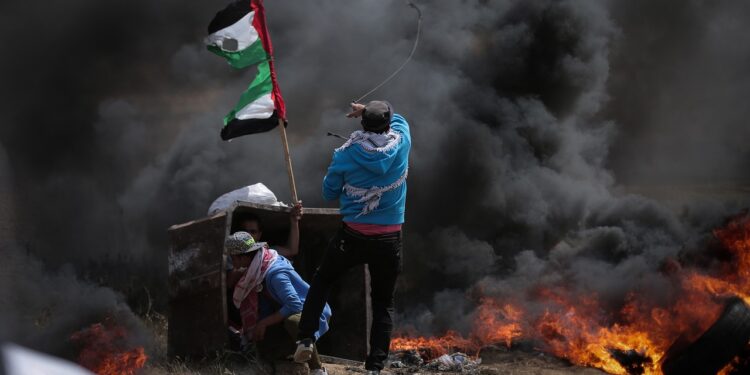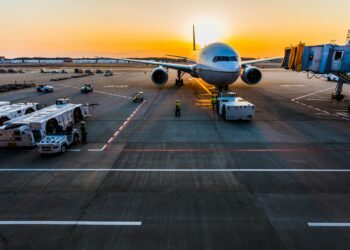Canada just shocked the world. Prime Minister Mark Carney has officially recognised Palestine as a state, putting Ottawa on the side of over 140 UN members, and on the opposite side of its traditional allies. For a country that has long walked in lockstep with Israel and Washington, this is not just policy change. It’s a slap in the face of old friendships and a bold bet on a new Middle East.
Canada breaks from the old script
For decades, Canada has been predictable on the Israel-Palestine issue: cautious, quiet, and usually aligned with Western partners. But Carney’s words this weekend cut through that tradition. He didn’t only acknowledge Palestine, he offered “partnership” to build it. That is a major break from the safe, neutral Canada the world has always known.

By recognising Palestine, Canada has handed the Palestinian Authority its biggest diplomatic win in years. Carney framed it as support for peace, not a reward for violence, and made it clear Hamas has no place in the deal. Still, the reality is that Israel is being pushed further into isolation. For Tel Aviv, this recognition is not just symbolic, it’s proof that old friends are slipping away.
A risky bet for Ottawa
This decision will not come without consequences. Canada’s move is bound to strain ties with Israel and could even put cracks in its relationship with the United States. The timing also raises questions: why now, and why Carney? The truth is, Ottawa is gambling on the idea that a recognised Palestinian state is the only way to stop endless war. It’s a controversial stance, but one that speaks to growing global frustration with Israel’s hard line.
What this means for Palestine
For Palestinians, it gives their cause new legitimacy and strengthens the Palestinian Authority’s promise to hold elections and demilitarize.

















